
In his final story, written for LockerRoom, the late David Leggat spoke to former Black Sticks captain and coach Pat Barwick, who continues to give back to every part of hockey, even in her 'retirement'.
Pat Barwick has one claim to New Zealand sporting fame that few, if any, captains in any code in this country can match.
From her very first hockey international in 1971, Barwick was the New Zealand captain, and she retained the job until her last handful of games - before retiring after the Moscow Olympics were boycotted nine years later.
It would be nice to be able to detail exactly how many internationals Barwick played. Sadly, Hockey New Zealand have no detailed records beyond the last 25 years. However, Barwick suspects she racked up caps into the mid-nineties in international appearances, “but then we didn’t really count the build-up games,” she says. “Honestly, I’m not a stats person.”
It’s highly unusual to captain a national team on debut. Barwick, awarded an MNZM in 2013 and this year the prestigious Pakistan Trophy for outstanding service to hockey, has two theories on how and why she got the skipper’s job from the outset.
“I was 24 and I’d had no captaincy experience other than once with the New Zealand Universities team. I played centre half, or a bit of right half, and personally I think it’s almost positional,” she says.
“You’re in the middle of the pitch and you have the chance to talk to everyone. Maybe I did show some leadership skills – or maybe I was just bossy.” Barwick laughs.
But perhaps there’s another factor worth putting into the mix.
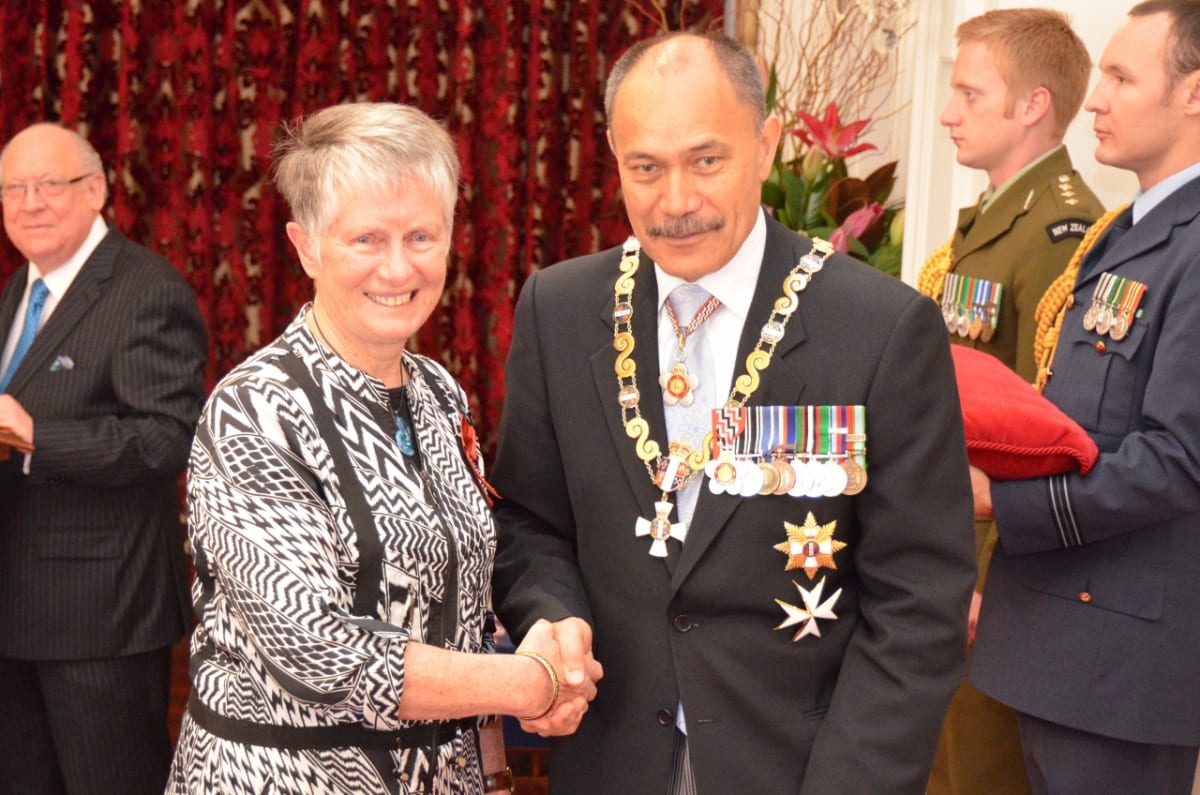
Barwick was born and raised on the family farm in Brunswick, 11km north-west of Whanganui. She was one of six siblings and as she tells it, the kids were all expected to pitch in and, to a degree, be self-sufficient.
You suspect also it was a ‘pull the sleeves up and get on with it’ kind of lifestyle; no faffing about.
“Because you were expected to do jobs on the farm, our parents would let us get on with it and they trusted us to be responsible,” Barwick says.
“I liked people, enjoyed working with people, and once I began teaching phys ed, I was pretty used to running round with people in a sporting environment.
“Maybe I was lucky that I had a personality that fitted in with lots of different people. I think I worked happily with people from all walks of life, so maybe it was natural for me.’’
There were 32 kids at Brunswick School, where Barwick initially learned to play tennis and netball.
“I’d never seen hockey until I went to watch the Indians play at Cooks Gardens in Wanganui with Dad,” she says. The Indian Wanderers beat Wanganui, 12-2, on that day in 1955.
“We were lucky to be athletic kids, and we had lots of phys ed games and activities which helped develop the body, your agility, balance and coordination. I rode my pony to school, did gymnastics on the lawn. There was no interschool or club competition - we played another country school for just one winter and summer sports day.”
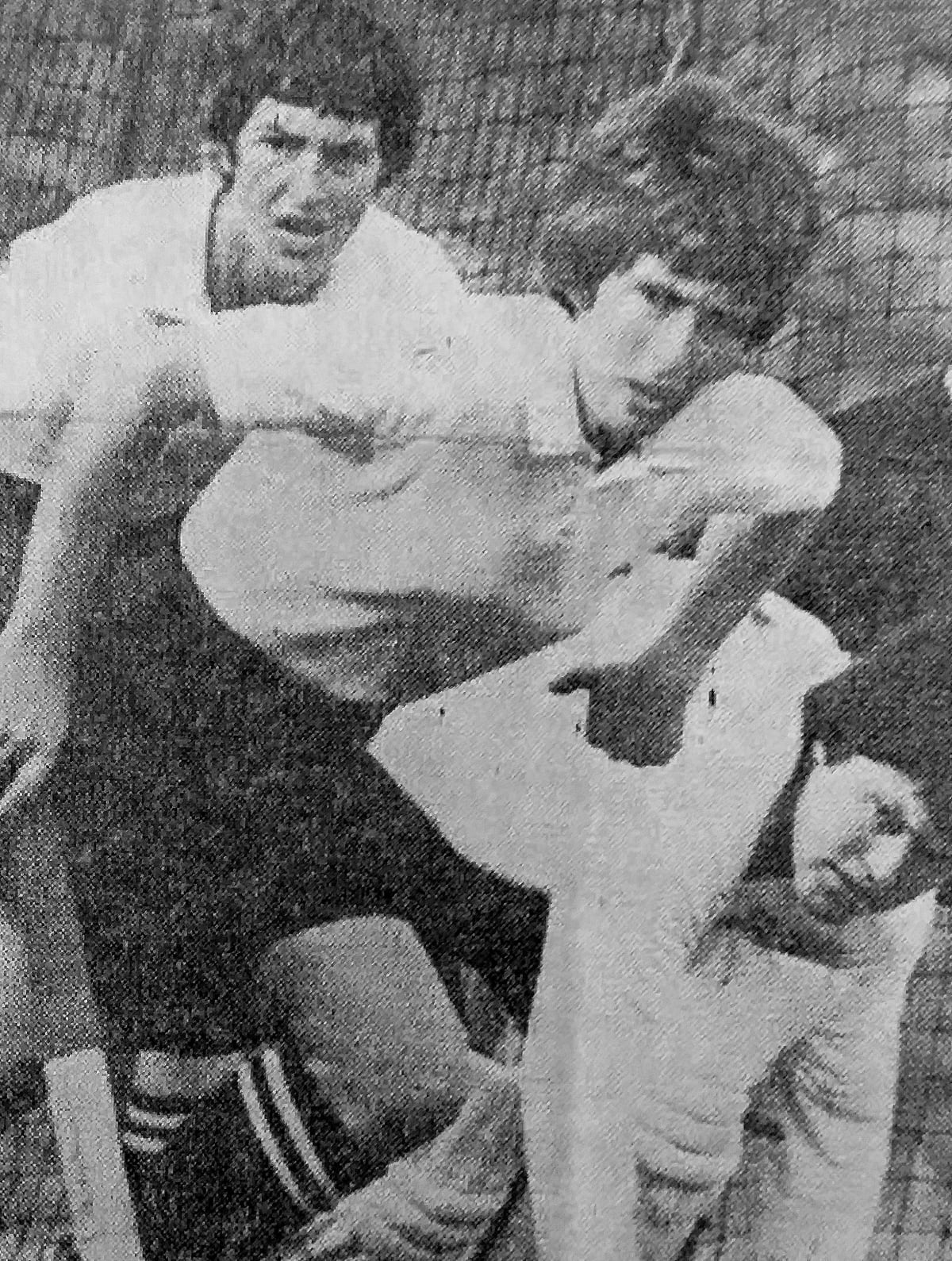
Barwick played competition netball in her first year at Wanganui Girls’ College, but had friends who were playing hockey. She tried it out in an end-of-season game, but being left-handed, she found it a challenge at first.
“I had no idea where I was going, but I ran all over the place and when I got home, apparently my comment was that it was much more fun because you can run anywhere.’’
Progress was rapid and Barwick was in the Wanganui senior rep team by Form Six (Year 12). Then it was off to Otago for three years doing a university diploma in physical education (when she made the NZ Universities team).
From there it was to Hawkes Bay and her first teaching job at William Colenso College – and also a significant step forward in her hockey.
She came across hockey legend Tom Turbitt, who was the Hawkes Bay coach. Turbitt, who sounds something of an innovator, was the first coach Barwick had who brought in aerobic training.
“He was the first to have fitness as a key aspect of women’s hockey in New Zealand. He taught me a lot from the beginning, I think the first time I was fit to play,” she says.
After four years in Hawkes Bay, it was off to Christchurch in 1971, where she’s remained ever since. “I’ve become a one-eyed red and black,” she laughs.
That was her first year in the New Zealand team.
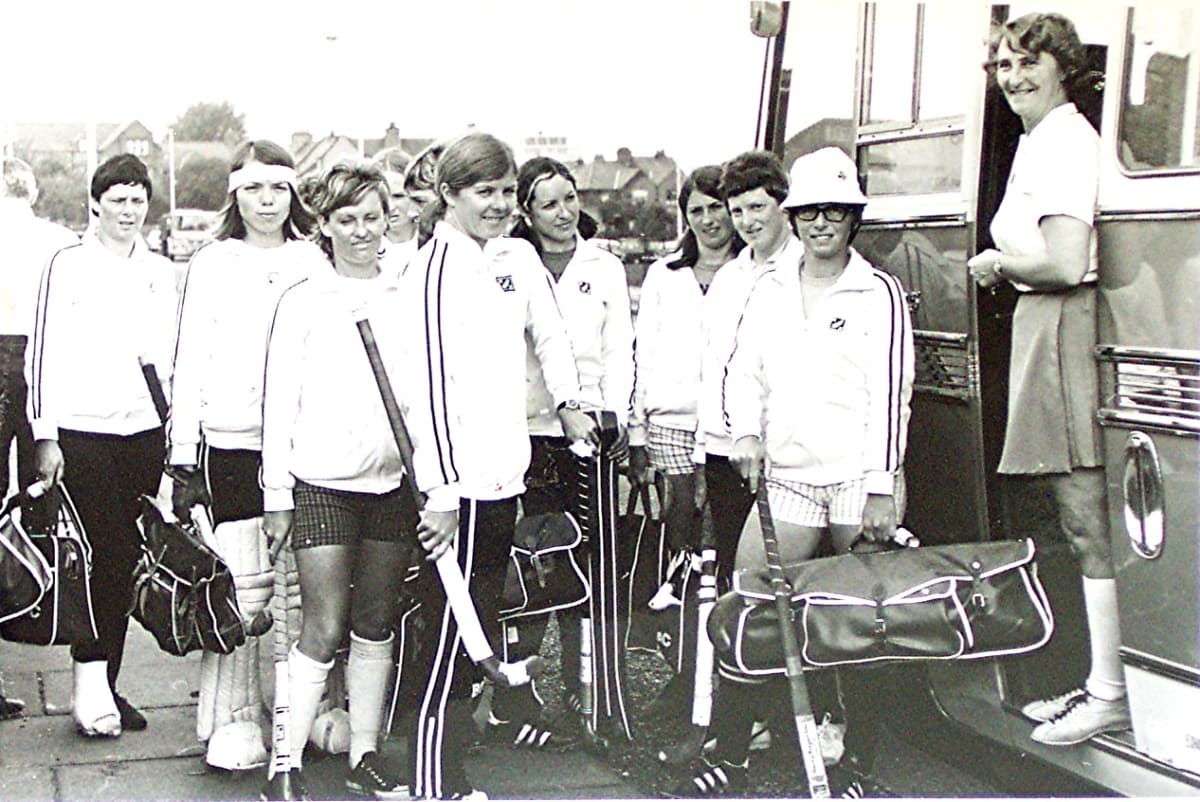
Those were the days of lengthy overseas tours and New Zealand were a worthy top-flight international side. It’s strange to reflect now but Barwick never lost until her final year... to either the Netherlands or Australia - now among the powerhouses of the women’s game.
That says something about the strength of the New Zealand game back then. “We were in the top three for most of the decade,” Barwick says.
She’s in no doubt about the playing highlight of her career – a 1-0 victory over England in 1977, before more than 60,000 fans at Wembley.
The goalscorer was her good friend Jenny McDonald, still the only individual hockey player in the New Zealand Sports Hall of Fame, alongside the men’s Olympic champions of 1976.
“The best player I played with,’’ Barwick reflects on McDonald, who took on the New Zealand captaincy after her. “Fantastic, very skilful, and an absolute instinct for goalscoring. She seemed to always know where the goal was. She could have played any decade and would have been superb.’’
The lowest point of Barwick’s career was just round the corner. The uniforms were in the cupboard, plans were in place to head off in three weeks and prepare for the Moscow Olympics in 1980… and then came the Western boycott led by the United States over Russia’s invasion of Afghanistan.
“It was a pretty disappointing time. It was looking likely to happen and five or six of us had been in the team most of that decade and were getting on a bit. It was to be the inaugural women’s Olympic tournament,’’ she says. “We had a very good team.”
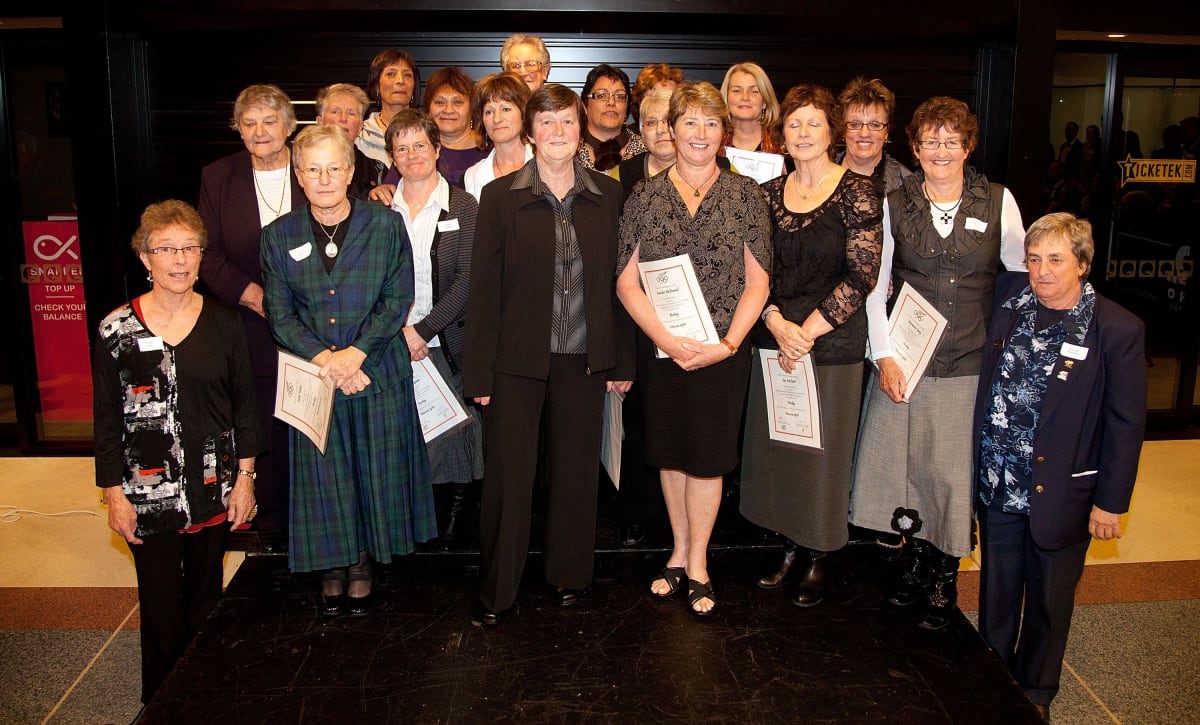
Barwick is long over the experience now, although a reunion organised by the New Zealand Olympic Committee a few years ago was revealing.
“You can’t be bitter about it forever and I certainly haven’t been – but I know some who have. I thought you can’t live with that all your life,” she says.
So Barwick retired and stepped straight into coaching Canterbury - leading the province to five straight national titles and two Top Six championship wins.
She helped Wayne Boyd as the national coaching assistant – guiding the New Zealand team to fourth at the 1986 World Cup - before taking over as head coach in 1987, a role she held for five years.
The transition from New Zealand player and captain to coach was easier than she may have anticipated. Boyd’s guidance helped, plus Barwick reflects “my background experiences and PE teaching made me feel confident to be a coach at that level’’.
Barwick went through another Olympic disappointment when the FIH didn’t invite New Zealand to the 1988 Seoul Olympics: “They didn’t think we had a team capable.”
She took the New Zealand team to the 1990 World Cup, where they finished seventh, and then the 1992 Olympics in Barcelona. The Black Sticks had high hopes – having finished second in the Olympic qualifying tournament at home in Auckland – that a medal in Barcelona could be on the cards.
But the New Zealand team were short on preparation, and while the rest of the world played many lead-up matches, the Kiwis had slipped behind. “When we got to Europe, we realised we hadn’t had enough preparation,” Barwick says. They didn’t win a game, finishing eighth of eight.
“It was really hot – a nightmare. We couldn’t cope with the heat and just got more and more worn out.”
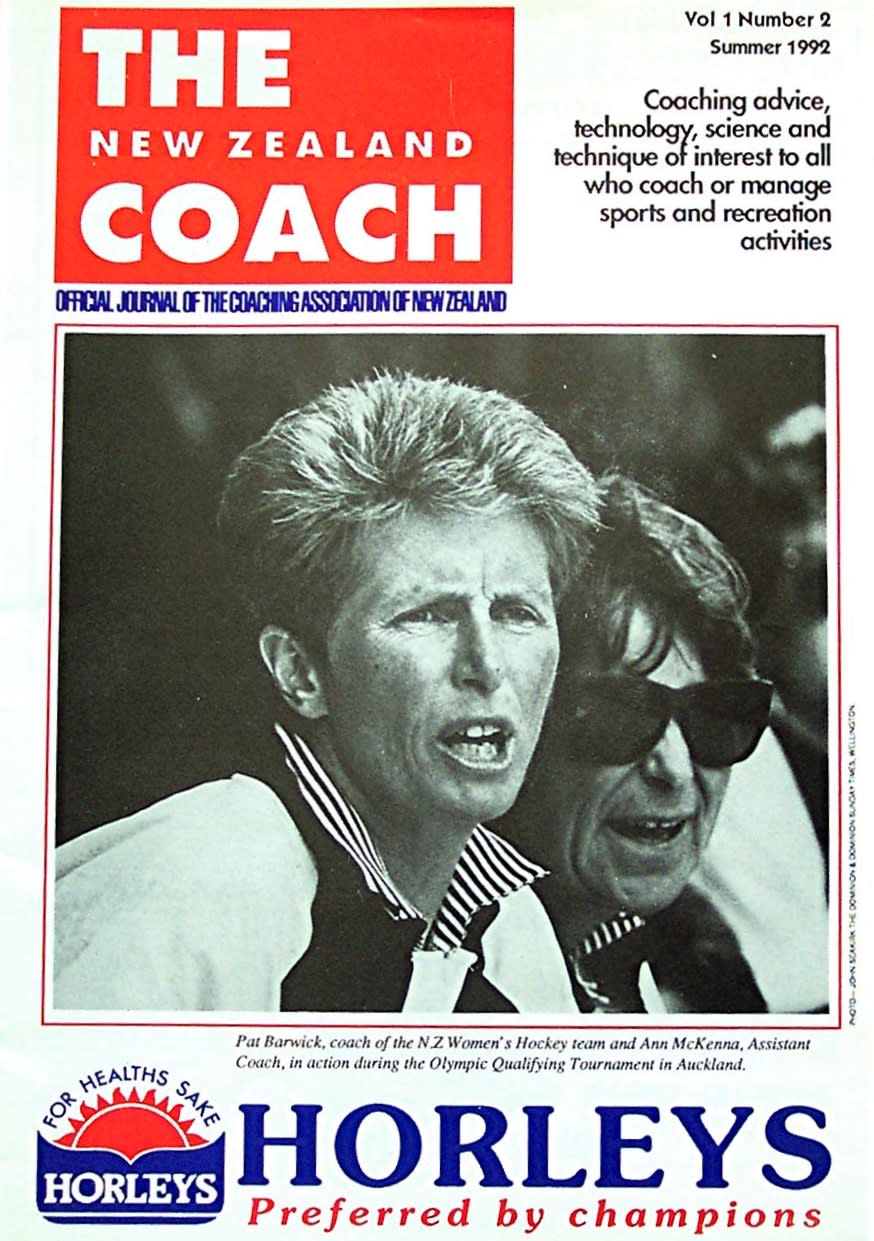
Barwick stood down after Barcelona. “It was a huge commitment and I’d had to leave teaching at Papanui High to do it,” she says.
At the start of her New Zealand stint, she’d held down two fulltime jobs (and was only paid for one, of course) and travelled almost every weekend to stay in touch with players. “I loved it, but it was a very different world then.”
Hockey – and coaching - never released their grip on her. She’s now recognised as one of the leading coaching experts in the country, across all codes.
When she was awarded the prestigious Pakistan Trophy this year, her citation read: “Her achievements and contribution have been magnificent for many years, none more so than the past 12 months.”
Barwick continues to work with Canterbury, Hockey NZ and her club, Carlton Redcliffs, to bring through more young coaches, and therefore players. She’s loved working with Sport NZ to develop a new approach to coaching coaches, through the Coach Developer programme.
“It’s about mentoring and helping people become better at being themselves. I like to see people grow as coaches – not about you being a clone of me,” Barwick says. “And that’s right across the board of sporting codes. Mentoring in the Coaching for Impact programme has also been great.
“It’s a passion of mine – the whole realm of coaching people and the psychology of interaction and leadership.”
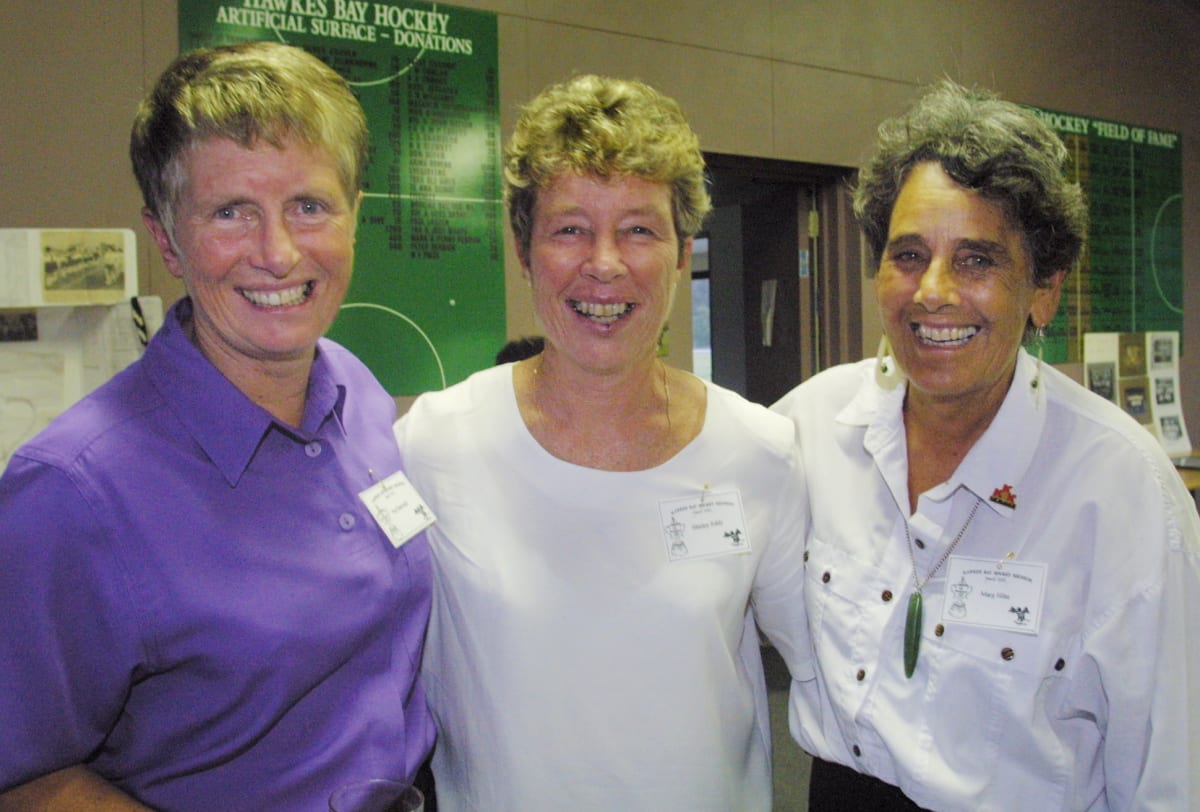
After being the only female head coach in the entire New Zealand Olympic team in 1992, Barwick has been a strong advocate for growing women coaches, supporting Hockey NZ’s Women in Coaching programme, and helping create their national community coaching programme too.
“I love being able to help. I’m sort of retired – but I call it realigned,” Barwick, now 75, says. She enjoys spending the odd day in her garden too. “I’ll keep doing as much as I can or want to, but I can say ‘no’.”
When she looks back at what’s been most satisfying in her career, it’s meeting up with the people she’s played with and coached, who talk about the fun they had in her teams.
“They say they had a good time as well as a hard, competitive, challenging time. And that it’s always been fun, which underlines for me what sport should be about,” she says. “That’s the joy for me.”
* Esteemed sports journalist David Leggat had almost completed this story, when he died suddenly in Italy last month. With the help of his exceptional note-taking, transcribing and bullet points - and the assistance of Pat Barwick - we were able to finish the story for him. LockerRoom is grateful to the Leggat family for their help in making sure his final piece was published.







